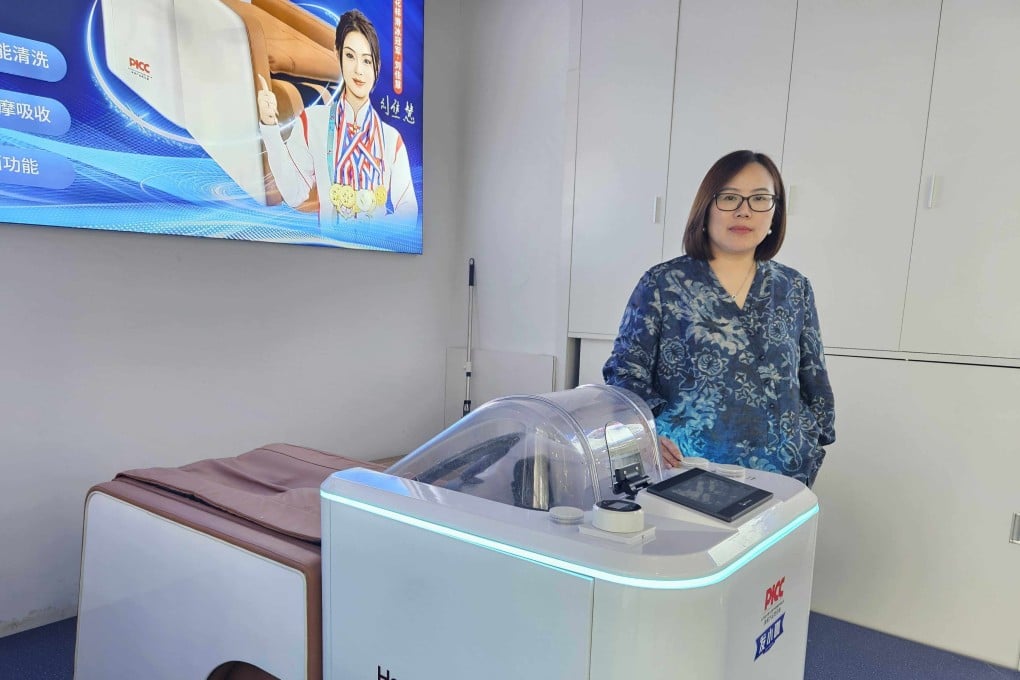The US Government Accountability Office has confirmed it launched audits of Elon Musk's Trump-blessed cost-trimming DOGE unit amid concerns that its access to agency systems may be complicating oversight and involving sensitive data. Since being appointed at the start of the President's second term, the Musk-run task force has accessed sensitive systems at the Treasury Department , axed staff at the National Highway Traffic Safety Administration, stirred concerns at the Social Security Administration, and drawn scrutiny over attempted sensitive data access at the National Labor Relations Board. Despite all that meddling, DOGE has fallen well short of Musk's $2 trillion savings target - since dialed back to $1 trillion - with the special government employee and world's richest man recently touting an estimated $150 billion in savings for the fiscal year 2026.
Now, prompted by earlier requests for a review of DOGE's activities, federal auditors want to know what the Tesla billionaire's team has actually achieved. US Comptroller General Gene Dodaro told the Senate Appropriations Committee during a hearing that GAO auditors are actively reviewing DOGE's "digital footprint" across agencies, including the Treasury, Social Security Administration, and Office of Personnel Management, to assess its impact on federal operations. The audits will give the GAO "a better idea about what impact DOGE's access has had on data systems, whether there's been any information input or taken out of the system," Dodaro said (41:47 in the hearing video ) in response to a question from Senator Martin Heinrich (D-NM) on whether DOGE's access to government systems is making it harder for GAO staff to conduct oversight work.

"We spend a lot of time on data reliability before we do any assessment at GAO," Dodaro added. "[DOGE] will add another element of complexity to it." The GAO chief said he doesn't yet have have a timeline for completion of the investigations, noting that GAO auditors are "just getting started," but stated that reports on DOGE's impact at various agencies would be released as soon as each was completed.
During Tuesday's hearing (1:02:00 mark), Senator Heinrich also questioned whether DOGE was simply duplicating GAO work, pointing to Dodaro's statement that every dollar invested in the agency has returned $123 in savings over the past six years. When asked if he had a comparable return-on-investment figure for DOGE, Dodaro said he did not, but added that he'd welcome a congressional request to dig into the specifics. As for the DOGE audits, the GAO confirmed to us that it "has received, and continues to receive, requests to review actions taken by DOGE across multiple agencies," including some not mentioned in Dodaro's testimony.
"The first thing GAO does as any work begins is to determine the full scope of what we will cover and the methodology to be used," a GAO spokesperson told The Register . "Until that is done, we cannot provide any additional details." In other words, those audits are still in the very early stages.
Dodaro did note that the GAO is tracing how DOGE is making use of open recommendations from the office to various government agencies that could save money, noting that if all open recommendations were addressed, the government would be able to shave off some $208 billion in spending - more than DOGE says it has managed to trim so far. "[DOGE has] used some of our reports and have said they're working to implement some of our open recommendations," Dodaro said, adding that beyond DOGE's use of GAO numbers, "we'd have to look at and validate their estimates." Dodaro also emphasized that while DOGE's involvement has raised concerns, it's done some good as well.
"On the positive side, they've opened up some data barriers that had been preventing the federal government from detecting improper payments and fraud," he noted. "I don't want to imply there's just concerns. We're going to look at benefits as well as issues.
" ® Speaking of DOGE...
The unit has reportedly put a college kid with no government experience in charge of proposing an overhaul of the US Department of Housing and Urban Development’s regulations – using AI..
Technology

Musk’s DOGE probed by top watchdog after poking around Uncle Sam's systems

Oligarch's crew makes audits harder, US comptroller general tells Congress The US Government Accountability Office has confirmed it launched audits of Elon Musk's Trump-blessed cost-trimming DOGE unit amid concerns that its access to agency systems may be complicating oversight and involving sensitive data....















